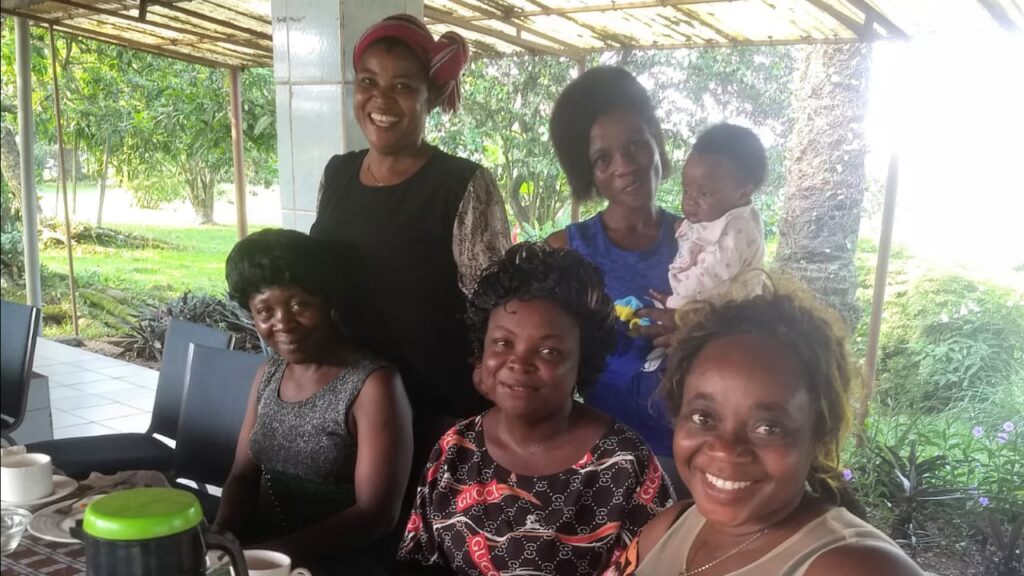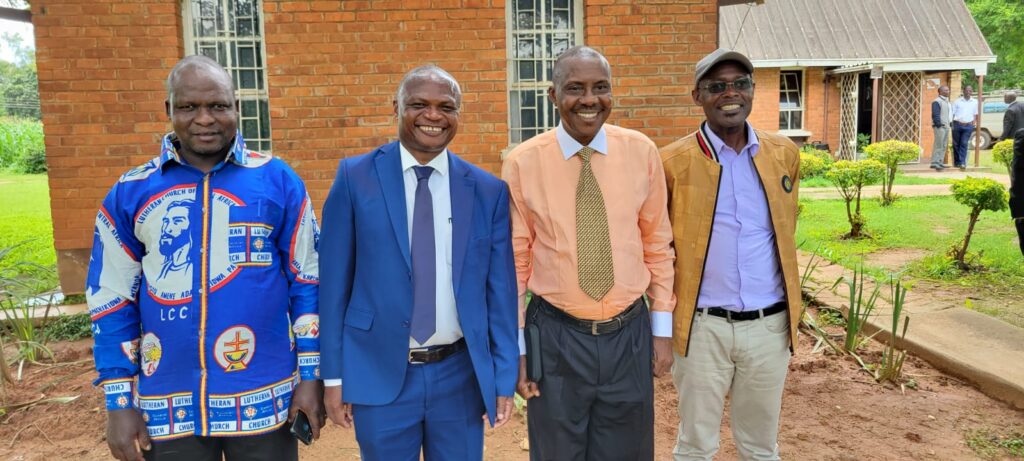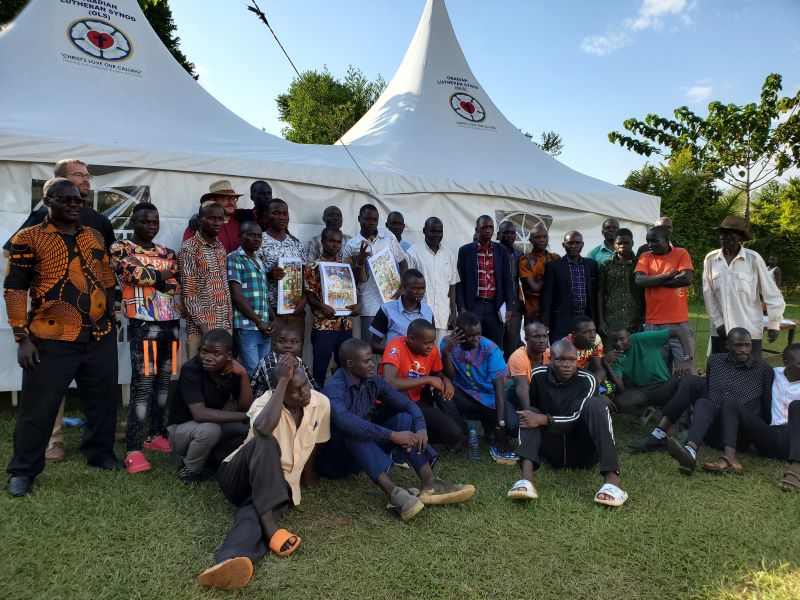God is Goood!
God is Goood! There was JOY! There was hugging and much excitement! It had been nearly five years since we had worked side by side as Lutheran women in Cameroon. The cause for our separation was not being too busy and failing to keep in touch. A political conflict culminating in a civil war forced us to leave Cameroon in 2018.
Victims of Trauma
I, along with three pastors’ wives and two laywomen gathered together in Douala, Cameroon, away from the conflict, for a purpose. As a pastor’s wife and former social worker, one purpose for this visit was to gather with the women to educate them about trauma and how they can offer support to the many IDPs (internally displaced persons) that live among them. And that is when the stories came. Combatants brutally murdered one woman’s father-in-law. She and her family now keep seventeen IDPs who have lost their home and have no other place to go. (Imagine your family coming to Christmas dinner and not leaving). Another woman lost her home and has been living (hiding) in the bush for over a year. Another was out in the field planting crops and returned to find her entire village, including her house, had burned to the ground.

After they shared their stories there was a pause in the conversation. What could I say that wouldn’t sound condescending or trite? I came to Cameroon to teach the women about trauma and how we could bring the comfort of God’s love to the IDPs, but they themselves have experienced that trauma. Real trauma. Not the way we sometimes use the word to describe a bad day. And yet their focus was not on themselves, but rather, on how they could help others.
Victors in Christ
One of my sisters pierced the silence and exclaimed with a big smile, “God is goood!”. I will confess, that was not the first thought that entered my mind. But I think this is what Nehemiah (8:10b) is referring to when he says, “Do not grieve. The joy of the Lord is your strength”.

The six of us had six blessed days together. As I mentioned, one of the reasons we gathered together was to learn how to help IDPs; but that wasn’t all. We gathered together around the word of God from which we get all comfort, all joy, and all hope. “I have told you these things so that in me you may have peace. In this world, you will have trouble. But take heart! I have overcome the world.” John 16:33
We will never find peace in this world of sin. We find peace alone in Christ who has redeemed us from our sins and won eternal life with him in heaven.
In the meantime please pray for your brothers and sisters in Cameroon. Pray for their safety, pray for their ministry, and for an end to the conflict. And remember…yes, God is indeed goood!
Karen Kroll lives in Malawi with her husband Dan, who serves as the One Africa Team Liaison to West Africa
Please pray for those working in fields that are ripe for harvest. Share their story, engage with future news and receive updates. Learn more about our mission fields in Africa and how the Holy Spirit is working faith in people’s hearts at https://wels.net/serving-others/missions/africa





